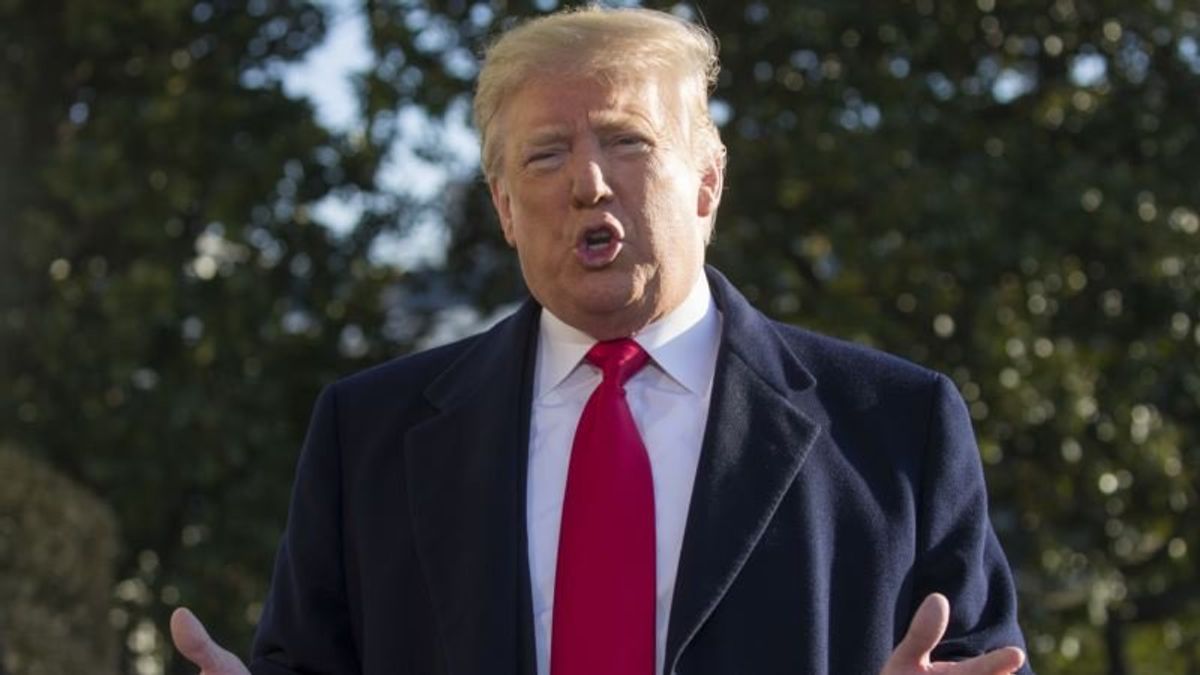
Trump’s Emergency Threat Explained
Trump's Emergency Threat Explained

As the partial government shutdown stretches into the third week, U.S. President Donald Trump said he would consider declaring a state of emergency in order to achieve his goal of building a wall along the southern border with Mexico.
We take a look at what such a declaration means.
Can Trump use emergency powers to build the wall?
The short answer is, yes, he can.
As president, Trump has the authority to declare a national emergency. However, he may not have the sweeping powers usually associated with the declaration of an emergency. In 1976, Congress passed the National Emergencies Act that was meant to create a congressional check on presidential emergencies. Under that law, Trump must notify Congress and the public about the specific emergency powers he is invoking. It also requires Congress to meet every six months and vote to keep the emergency in place.
Is it really an emergency?
Trump has declared the influx of migrants arriving at the southern border as a humanitarian and national emergency. "We have criminals coming in," Trump said Sunday. "We have human traffickers coming in. We have drugs pouring in. We have things happening that you don't want to even know about." The administration has also talked of terrorists crossing into the U.S. from Mexico. But critics have argued that there is no evidence that migrants massed at the border are anything the administration claims.
Where would the money come from?
Funding the wall might prove to be tricky. One way to get the money would be the use of the military emergency law that allows the secretary of Defense to authorize construction projects without authorization from Congress.
What can Congress do?
Congress can overturn the declaration of emergency with the approval of both chambers. But that might prove difficult with Republicans holding the majority in the Senate.
The declaration could also face a myriad court challenges.
 AP Fact Check: Do Former Presidents Back Trump Wall? They Say ‘No’Next PostEyeing 2020, Harris Addresses Prosecutorial Past in Memoir
AP Fact Check: Do Former Presidents Back Trump Wall? They Say ‘No’Next PostEyeing 2020, Harris Addresses Prosecutorial Past in Memoir







